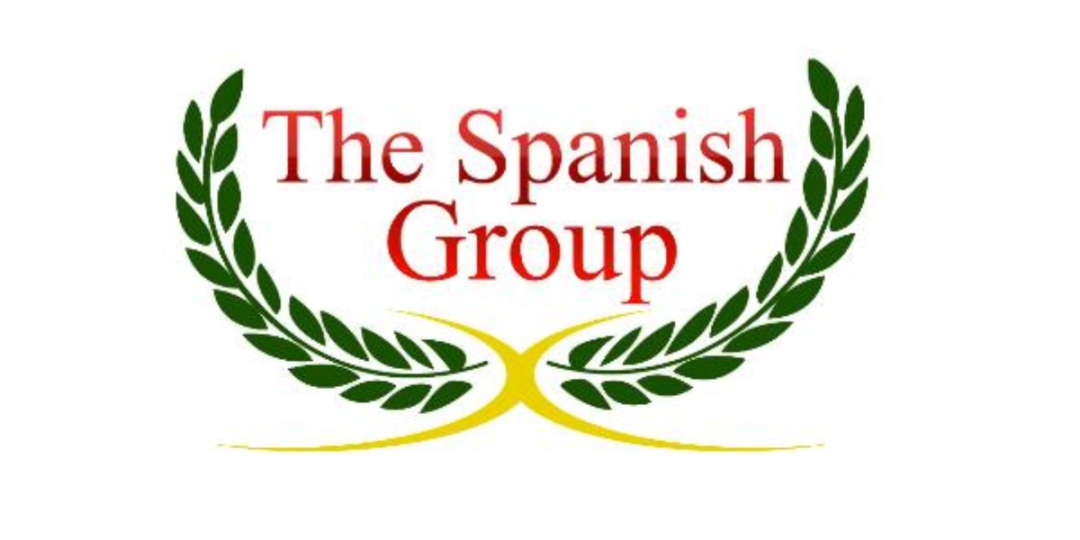Legal Industry and Accurate Language Translation: Three Key Impacts Identified by Global Certified Translation service The Spanish Group
IRVINE, CA - The Spanish Group, an internationally recognized and ISO-Certified translation service, is providing a guide to the three critical accuracy issues enterprises face in communicating international legal issues. CEO and founder of The Spanish Group, Salvador Ordorica, shares insights on the importance of choosing certified translators for assistance on legal matters, rather than relying on popular public-facing, free digital tools.
“While free online translation tools may be suitable in some situations, the stakes of legal matters are much too high to trust these platforms,” explains The Spanish Group CEO Salvador Ordorica. “Working with an experienced translation service will protect you from errors and misrepresentations that can lead to significant legal or financial consequences.”
Why Legal Matters Demand Expert Human Language Translation Support
When should an enterprise or individual use ISO, human-led language translation resources with direct legal industry experience? If you’re having a casual conversation, public-facing online tools can be accurate enough to do the job. But when it comes to legal issues, the demand for accuracy is much greater because:
Key Point 1: Certain practice areas demand precision: Machine translation often fails to capture legal nuance, which leads to ambiguity and errors. This makes hiring translation support advisable in any legal matter—and especially important in certain practice areas.
During litigation, experienced professionals are needed to properly translate witness statements, pieces of evidence, and court filings. In corporate and commercial law, contracts, compliance policies, and shareholder agreements also should not be entrusted to public-facing tools.
Outside of the boardroom, impeccable translation is also important in immigration law. Whether someone needs a visa, is applying for citizenship, or has an asylum case on the docket, they must have precise translations for their birth, marriage, academic, or legal records.
Key Point 2: Foreign countries with legal concerns demand accuracy: U.S.-based companies that do business with other countries must have accurate translations for a number of matters. Mexico and other Latin American countries have trade, immigration, and cross-border concerns. China and Japan engage with American companies for intellectual property, corporate law, and international trade transactions. Energy contracts and international arbitration are often involved when doing business with the Middle East. In addition, law firms may work on regulatory compliance, mergers, and acquisitions involving EU member states like France and Germany.
Key Point 3: Clients demand results: Using an ISO-certified provider significantly reduces the amount of rejections from the U.S. Citizenship and Immigration Services (USCIS) and the courts, as well as delays in case resolutions caused by resubmissions or disputes over meaning. Also, courts and government agencies generally require translations that are certified by accredited professionals, so using machine outputs will cause clients’ cases to stall.
Additionally, there is no guarantee of confidentiality when using public tools because text is processed through third-party servers—thus increasing the chances of attorney–client privilege violations. There is also no guarantee that this technology will provide the literal translations of legal terminology needed to convey the intended meaning of documents.
All of this, according to Ordorica, can have an impact on client relations.
“Clients feel much more confident when relying on firms that use certified translators, which leads to increased trust and repeat business,” says Ordorica.
How to Choose the Right Language Translation Service
When considering a translation service, first and foremost you should look for one with ISO 17100 certification, which is the global standard for the industry. In addition, you should consider if a translator specializes in legal issues and has verifiable credentials. A service should also have certified translations that have been recognized by courts and government agencies, and data protection protocols in place that will safeguard your information and confidentiality.
Be sure to do your due diligence before choosing a translator. Ask for references and case studies from other law firms or legal clients to learn about the quality of service you can expect.
Understanding Hybrid Models of Legal Translation
Technology cannot match the output of human translators, but it does have its place in some circumstances. Public-facing translation tools may be able to assist humans, though they cannot replace them.
“Tools such as translation memory and terminology databases can help make work more efficient,” says Ordorica. “However, it takes trained legal translators to guarantee that translations are accurate, culturally appropriate, and satisfy the linguistic requirements of a particular jurisdiction.”
About The Spanish Group
Founded in 2013 by Salvador Ordorica, CEO, The Spanish Group is an internationally recognized ISO 9001:2015 and ISO 17100:2015 certified translation service offering 123 languages and unparalleled language precision, localization, cost effectiveness, and efficiency. The Spanish Group sets itself apart by working with certified, professionally trained linguists all over the globe who are native speakers and deeply experienced specialists in a variety of fields. The Spanish Group is trusted by Fortune 500 companies, law firms, small businesses, universities, embassies, and other governmental agencies to deliver accurate, culturally correct translations and localizations that help them operate seamlessly across multiple languages.
For more information, visit: https://thespanishgroup.org/.
Media Contact
Company Name: The Spanish Group
Contact Person: Pam Abrahamsson
Email: Send Email
Phone: 503-298-9749
Country: United States
Website: https://thespanishgroup.org/
More News
View More




Recent Quotes
View More
Quotes delayed at least 20 minutes.
By accessing this page, you agree to the Privacy Policy and Terms Of Service.
